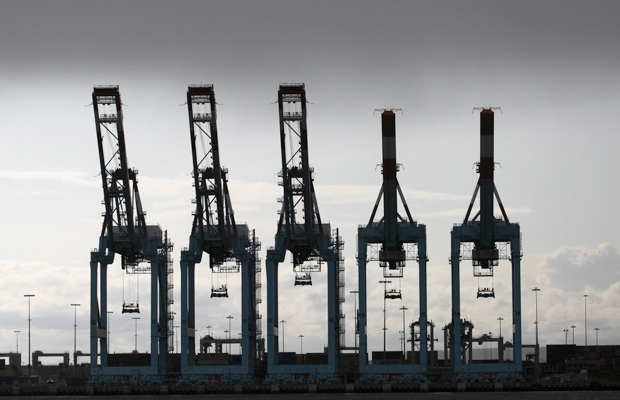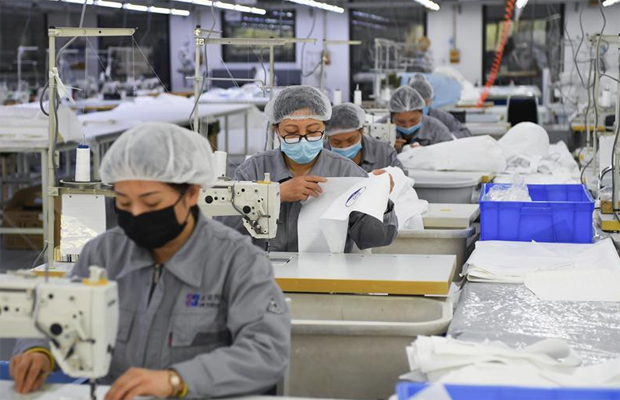Global governance, international organizations, regional cooperation and the Belt and Road Initiative (BRI) are key subjects of CCG's globalization research. As China's first think tank named and dedicated to globalization, CCG founded the China and Globalization Forum and contributes to international discussions related to globalization. It has organized seminars under themes such as WTO reform, multilateral governance, and the BRI. CCG was the first body to hold a BRI-themed event at the Munich Security Conference, a world-leading conference in the field of international security and governance.
Based on years of research in the field of globalization, CCG has published numerous research reports and books, including Win-Win International Cooperation and Path to Achievement of the Belt and Road, Globalization and Anti-Globalization and What’s Next for Globalization? Great Changes and China’s Proposed Approaches. The Handbook on China and Globalization published by Edward Elgar Publishing is one of the few books published in English by a Chinese think tank with an authoritative international academic publisher. Two of the CCG's initiatives were selected for inclusion in the first Paris Peace Forum, pioneering a new model for Chinese think tanks to fully participate in global governance and international cooperation. In addition, CCG has long-term cooperation with the WTO, UN, OECD, World Bank, IMF and many other international organizations, international think tanks and related institutions.
-

Wang Huiyao: Chinese economy’s resilience helps ease unemployment challenges
The COVID-19 pandemic in 2020 has changed the lives of everyone around the world and may even change the global landscape. While Western countries are still struggling with COVID-19, China has started its economic recovery.
May 21 , 2020 -

Wang Huiyao: Reform the WTO for a post-coronavirus world
In 1941, at the height of World War II, Winston Churchill and Franklin D. Roosevelt met secretly in a desolate bay off Newfoundland. Over the next four days, they thrashed out what would become one of the most important documents of the 20th century: the Atlantic Charter. It laid out principles for the post-war order, key among which were economic cooperation and a trading system open to all.
May 14 , 2020 -

Wang Huiyao: Rising to challenges
The novel coronavirus has become a catalyst for change. Shocking death tolls and severe economic headwinds have compelled countries and world leaders to reflect on the state of our multilateral institutions.
May 14 , 2020 -

Mario Cavolo: Don’t understand how China stopped the virus? Read this
Our children here in China are still not back to school even though there are no new cases. This is because cases in local cities will pop up and so there is still an abundance of caution. Most recently, there is a cluster of more than 50 cases in Harbin and lockdown measures are back in place to stop it, which of course are working fine. But these control measures stifle the economy and community. This is the new reality for many months to come. (Middle school students are just now starting to go back as we head into the end of April.) And this is even if President Trump wonders whether "those numbers seem light". I don't know whether to laugh, cry or throw dishes at the wall. The numbers are as real as any country or city, who as we can see are also regularly updating and adjusting their numbers.
May 02 , 2020 -

Andy Mok: Like WWI, the war against COVID-19 upends established order
The 2020 edition of the Global Mobile Internet Conference (GMIC) is taking place in the midst of the war against COVID-19. It is one of the largest and most well-attended event of its kind. But because of the pandemic, this year it will be held entirely online.
April 25 , 2020


